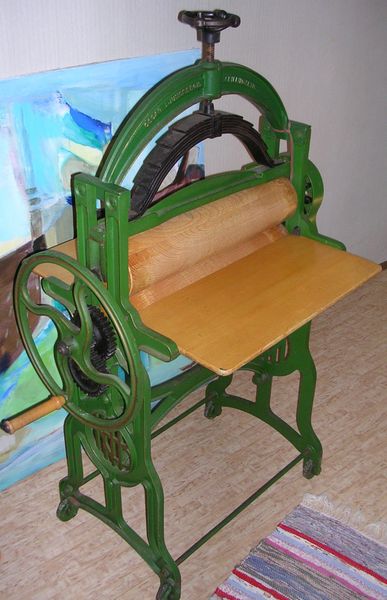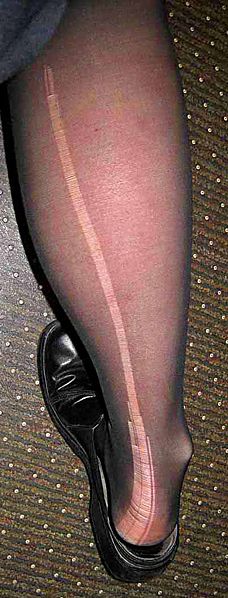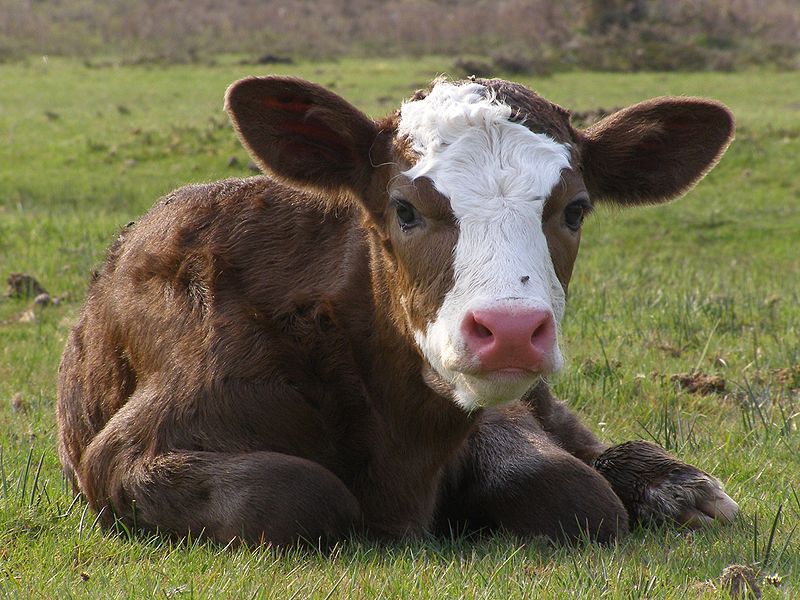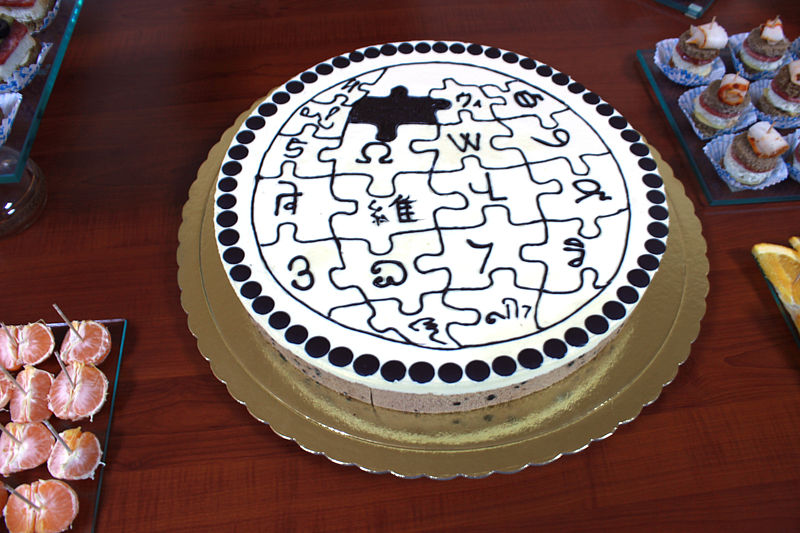But I, a dweller of bland suburbia, have always had a hankering to name my own bog-standard house Ghormenghast, after the dark and terrifying pile in Mervyn Peake's trilogy. It would be a lovely joke.
So why haven't I done it?
Because no one is going to buy a house called Ghormenghast, that's why.
Though, I don't know...no one in these modern times believes in all that haunted house/superstition nonsense, do they?

Well, the answer to that question is that yes, they must do, because the English online estate agent House Simple has done a survey that's showed that sales of houses in Bone Lane, for instance, are slow to non-existent. No one much wants to live in Bloodhills, either. Or in Broomstick Lane (that one is quite near me, in Tring, Hertfordshire).
And as for Cauldron Crescent and Cackle Street, well, they do little better than Dead Lane and Coffin Close.
But why wouldn't anyone want to live in Deadmans Lane or Spook Hill? Or Headless Close or Vampire Street? Why isn't Hell Lane any more popular than Warlock Close?
I can only think that people regard whole thing rather like other superstitions such as touching wood or not walking under ladders: that is, that you don't have to believe in it for it to be true.
Watch out! It's behind you!

1899 image, The UK National Archives
Word To Use Today: spook. This word comes from Dutch, and before that from the Middle Low German spōk, ghost.

































